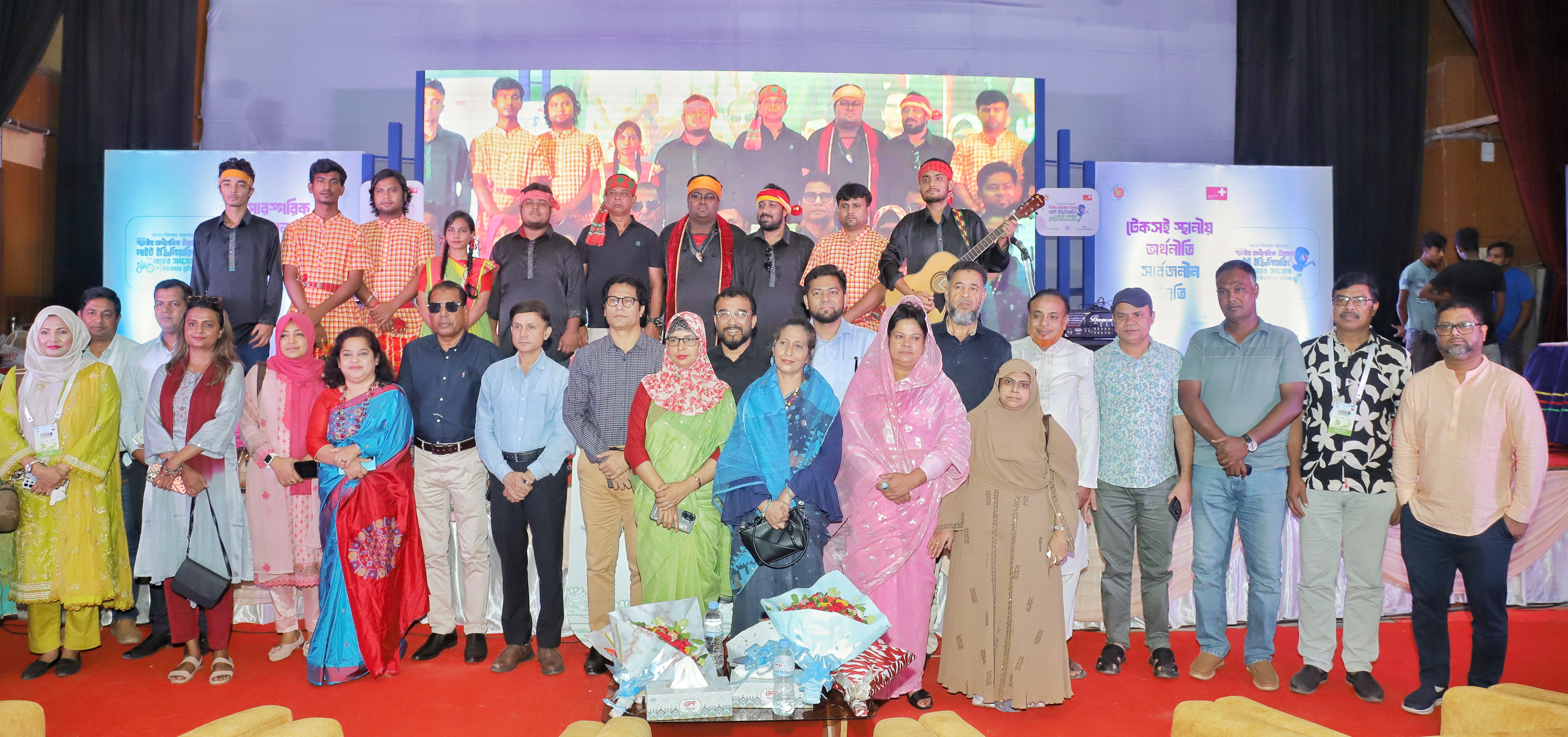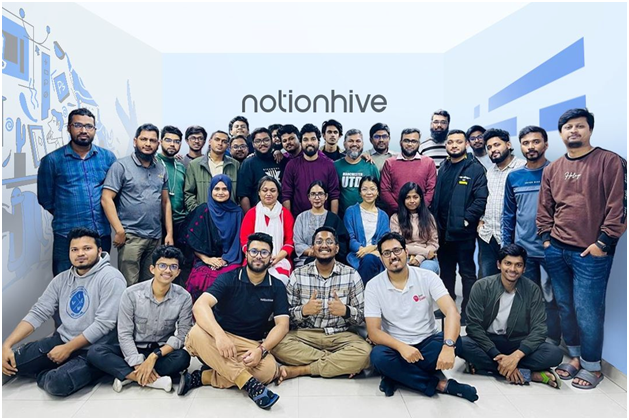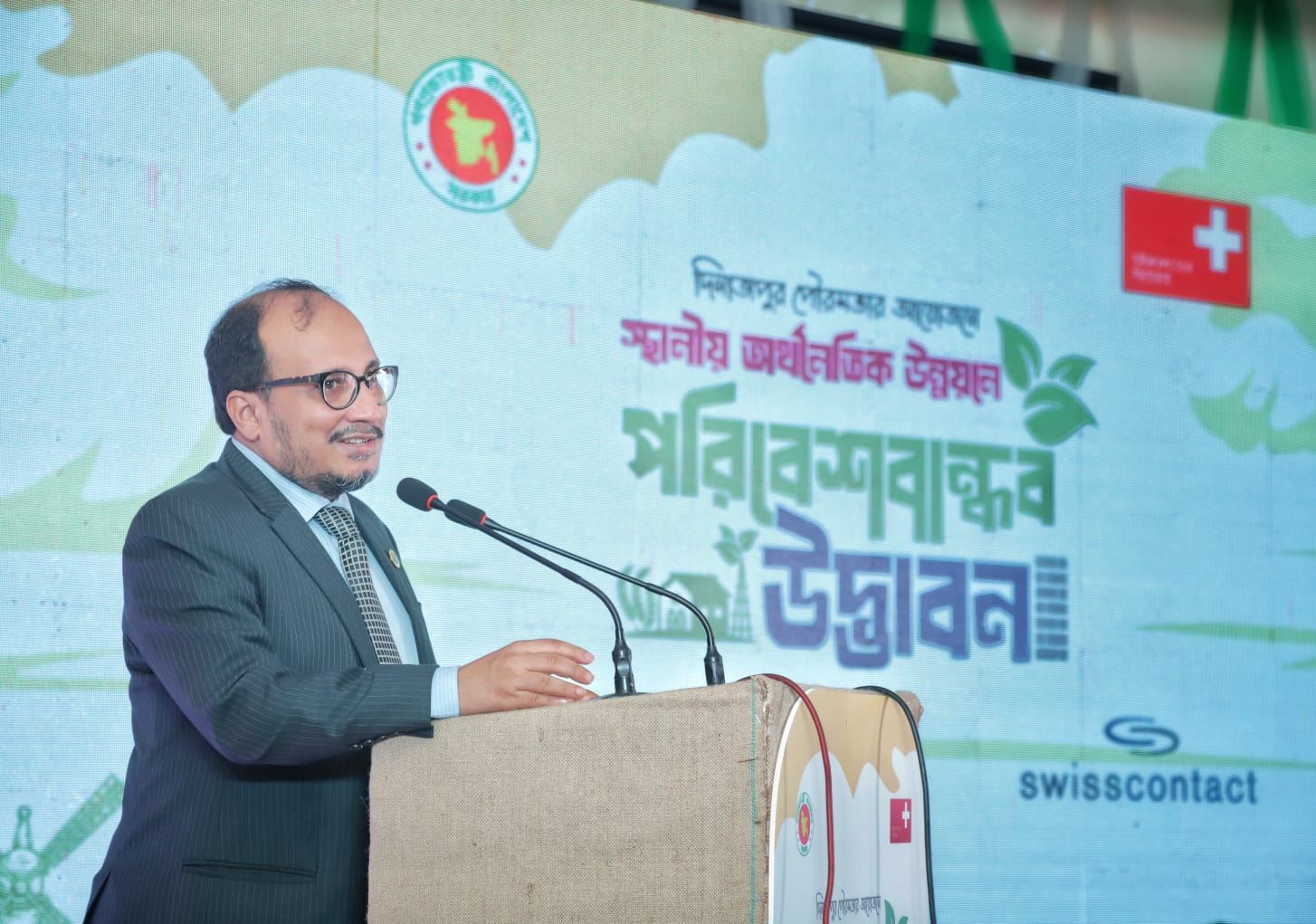
According to the TIB report, a candidate has to give TK3 lakh to Tk15 lakh for the post of head teacher and assistant head teacher. COURTESY
Applicants to secondary level Monthly Pay Order (MPO) listed institutions have to pay Tk3,50,000 to Tk15 lakh to be appointed as a teacher. Those hoping to become librarians or even have their lessons approved also have to pay large sums.
The money goes on to line the pockets of local political leaders, governing bodies and school management committee (SMC) members, among others.
This was just among a slew of irregularities found in various areas starting from recruitment, transfer and MPO registration in the secondary education level in the country, the Transparency International Bangladesh (TIB) said in a report.
In the report titled "Secondary education curriculum implementation: challenges of good governance and ways to overcome", which was published yesterday, the anti-graft watchdog made the revelations.
Taslima Akhter, a TIB researcher, read out the research report in the press conference.
The hidden cost of education
According to the TIB report, a candidate has to give TK3 lakh to Tk15 lakh for the post of head teacher and assistant head teacher. A candidate selected by the Non-Government Teachers' Registration & Certification Authority (NTRCA) has to give Tk50,000 to Tk2 lakh to the head teacher and governing bodies' members to ensure their appointment.
Aspirants to the post of an assistant librarian must provide Tk2 lakh to Tk5 lakh to the headteacher and governing bodies' members.
A teacher must provide Tk5,000 to Tk1 lakh to officials and employees of the Directorate of Secondary and Higher Education to be enlisted as an MPO listed teacher.
The Directorate of Inspection and Audit (DIA) officials compel the teachers to bribe them a sum equivalent to one month salary when they go for inspection of any institution, the report said.
For a new institution, the founders have to give Tk1 lakh to Tk5 lakh to brokers and board officials to get the relevant permission.
Meanwhile, the report said teachers had to provide TK1 lakh to Tk2 lakh each to the DSHE officials if they wanted a transfer.
The irregularities did not just stop there.
According to the report, "ICT for Education in Secondary and Higher Secondary Level Project-2", a project undertaken by the government, was scheduled to end in 2020.
Throughout the project, all it did was provide internet modems to a few schools. No multimedia classrooms were set up as per the requirement of the project.
The project director got Tk17 lakh as honourium, although he was not present at any of the training sessions. The teachers were provided three days of training instead of the agreed upon six days.
Corruption still the main obstacle
Dr Iftekharuzzaman, executive director of TIB, said that the government has taken many initiatives, including constructing infrastructure, setting up multimedia classrooms, holding teachers' training, establishing digital labs and starting teachers' recruitment through NTRCA.
But there are many loopholes in implementing the projects.
"We have found many financial irregularities in implementing many projects which will become obstacles in achieving our expected goals," he said.
To prepare the report, data was collected from 54 educational institutions (two non-governmental MPOs-listed and one public, from each upazila).
The findings were based on the interviews of 325 people from DSHE and other officials from its divisional, district and upazila level, teachers and staffers of educational institutions, managing committee/governing body members and teachers' association members. Other stakeholders involved in secondary education activities, education experts, and media personnel were also interviewed.
The interviews were conducted from May-October 2019; indirect information was collected till 15 September 2021.
The TIB also placed 20 recommendations including implementation of National Education Policy 2010, to increase budgetary allocation, to increase teachers' training days and annual evaluation of teachers, among others.












0 Comments